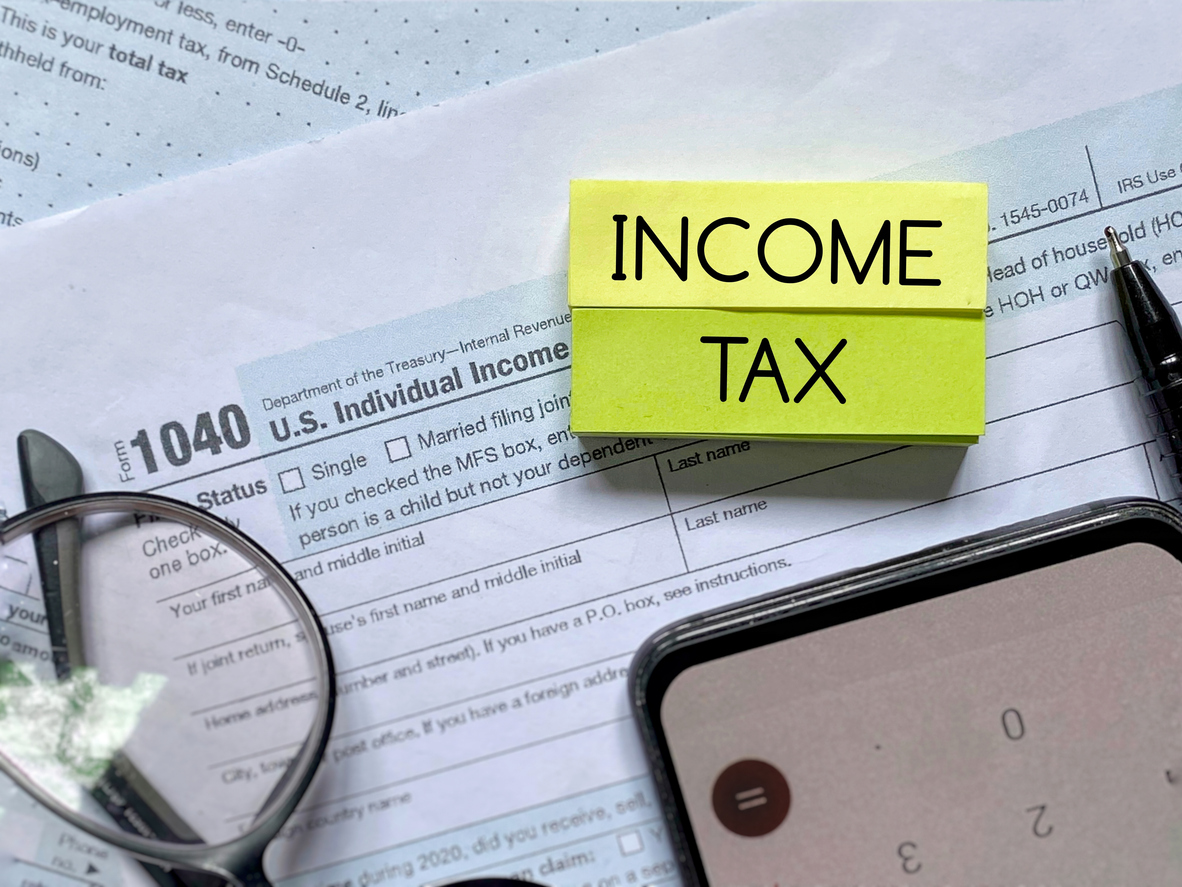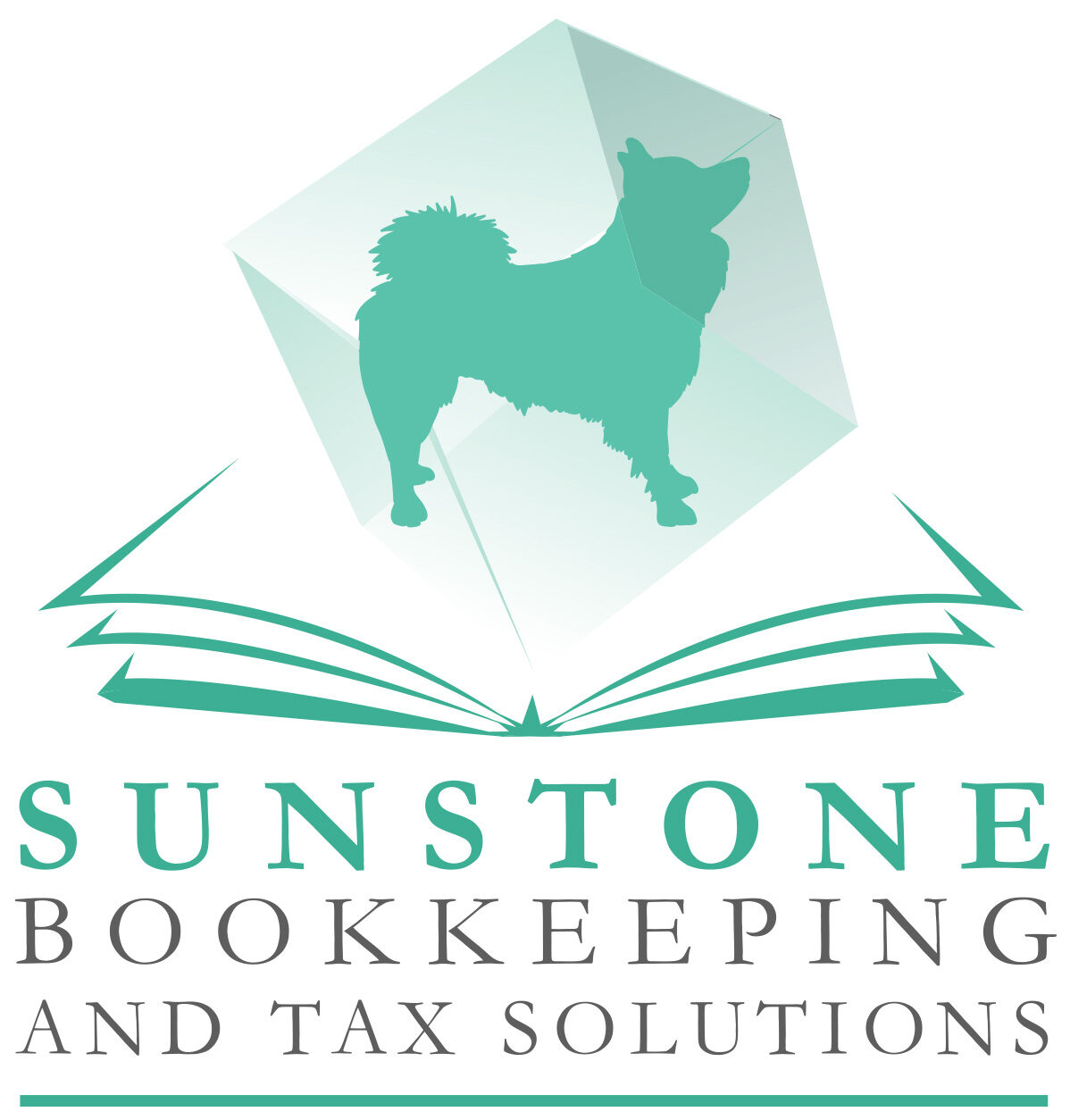
Much like the days of early January bring about thoughts of making life changes in the wake of the Holiday Season, the aftermath of Tax Season sparks in many people thoughts of improving their financial situation and management.
For individual tax filers, here are our top suggestions:
Fix your withholdings
The biggest headache we see year-in and year-out are people under withholding and ending up with a large tax bill. It’s become clear to us that employer HR departments are not helping people out with this adjustment in the way we would expect and remember.
The easiest thing to do is go to the IRS Tax Withholding Estimator. It’s a good time to do it while the issue is fresh in your mind, you still have time to course-correct, and you have your tax return handy. All you need is a couple of your most recent paystubs and tax return handy and fill it out. Then, print out the instructions and go see your HR department to adjust your W-4. It’s that easy.
Set up your IRS Online Account
We preach this. We give discounts for this. Go set up your IRS account and put in your calendar reminders to check it a few times a year to monitor for identity theft and IRS activity in your account. That simple. Added benefit: you can pull your tax transcripts to double check your records in case you lose or don’t receive a 1099 or other informational filing (or if the IRS gets one with your name on it that is not yours!).
Keep an eye on your financial investments
If you have a brokerage account of any type, be sure to check it quarterly at least and we strongly suggest speaking with your advisor/broker in the late summer/early fall around year-end tax planning. If your account is actively managed by another person, you need to know what that person is doing so you can prepare for the tax consequences. Don’t view your brokerage account in isolation; if you are generating capital gains or losses elsewhere, there may be opportunities to save with careful planning. Think about looping your tax planner into the conversation since your broker/advisor isn’t necessarily focused on these concerns.
Talk to your tax planner
We get bored and lonely after tax season is finished; we miss you. Drop us a line when you are making any moves that might have tax implications. We can’t speak for every tax pro out there, but we’ll answer a quick question for free for our clients and let you know ahead of time if it gets more involved.
Bonus: Non-Tax Book recommendation
We aren’t financial planners or investment advisors, but we do have a favorite book to get you started thinking about investing: A Random Walk Down Wall Street by Burton Malkiel. In addition to an introduction to the theory behind financial markets, the book provides a well-thought-out life-cycle approach to investments. Even if you don’t want to follow this plan, it provides a good benchmark for framing your investment goals. If nothing else, reading this book will give you the tools to think carefully about investment opportunities.
